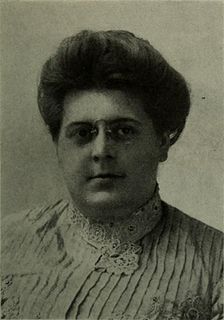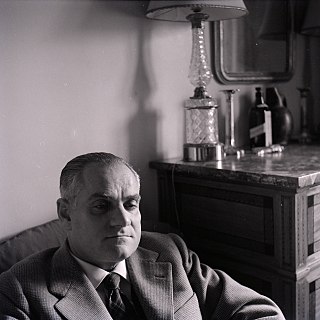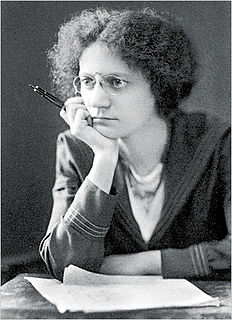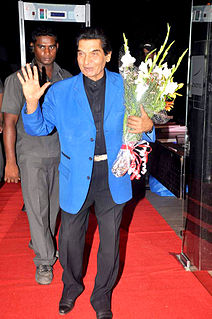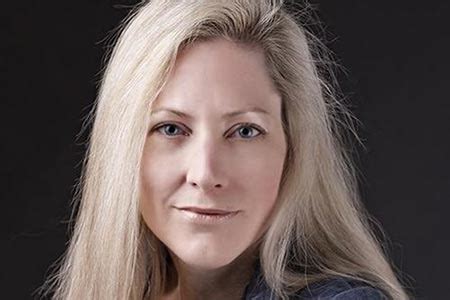A Quote by Myrtle Reed
Death is the advertisement, at the end of an autobiography, wherein people discover its virtues.
Quote Topics
Related Quotes
Strength, Courage, Mastery, and Honor are the alpha virtues of men all over the world. They are the fundamental virtues of men because without them, no 'higher' virtues can be entertained. You need to be alive to philosophize. You can add to these virtues and you can create rules and moral codes to govern them, but if you remove them from the equation altogether you aren't just leaving behind the virtues that are specific to men, you are abandoning the virtues that make civilization possible.
To err is to wander, and wandering is the way we discover the world; and, lost in thought, it is also the way we discover ourselves. Being right might be gratifying, but in the end it is static, a mere statement. Being wrong is hard and humbling, and sometimes even dangerous, but in the end it is a journey, and a story.
Death is not the end, but the beginning of a new life. Yes, it is an end of something that is already dead. It is also a crescendo of what we call life, although very few know what life is. They live, but they live in such ignorance that they never encounter their own life. And it is impossible for these people to know their own death, because death is the ultimate experience of this life, and the beginning experience of another. Death is the door between two lives; one is left behind, one is waiting ahead.
